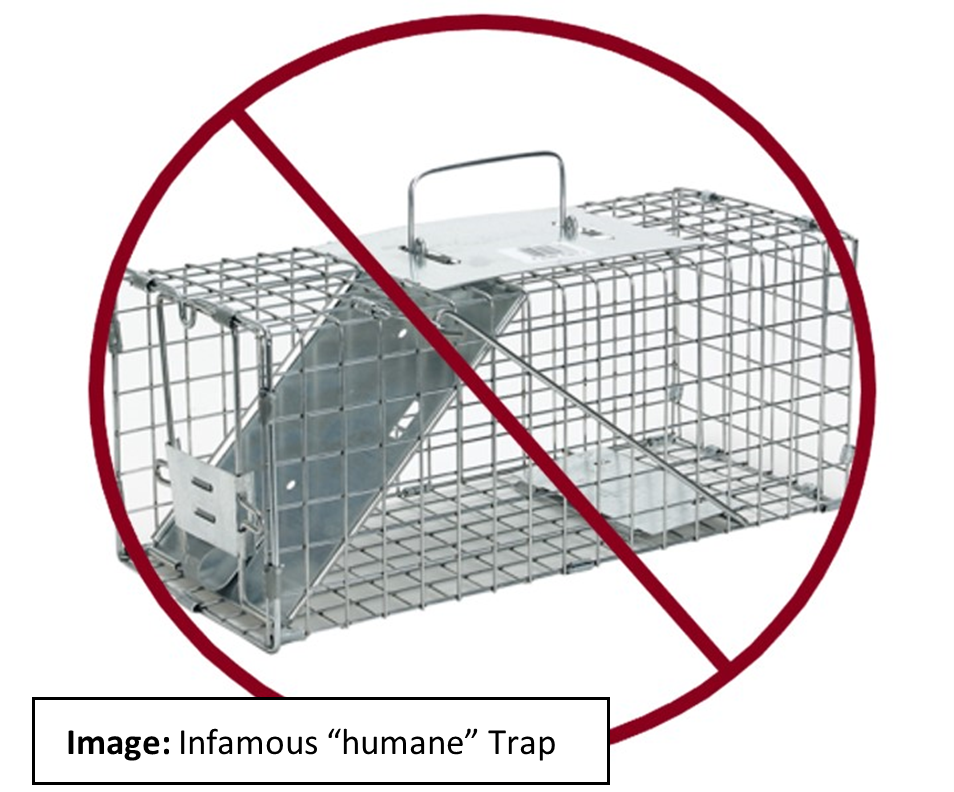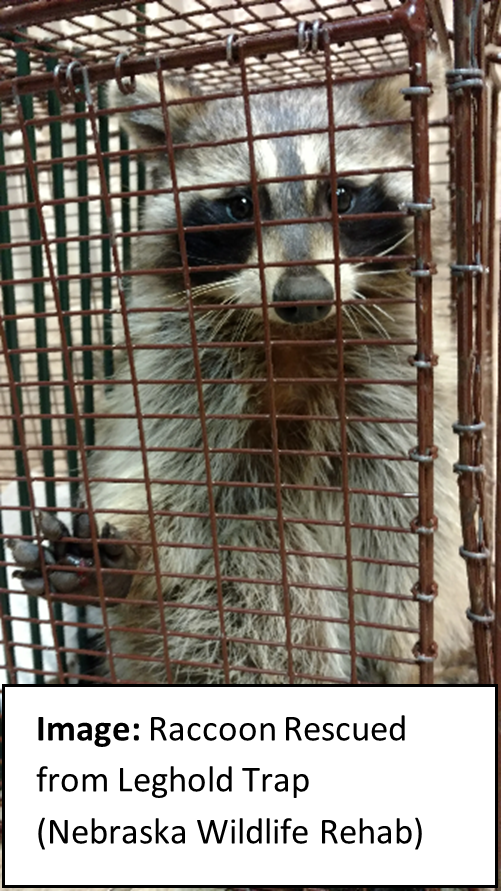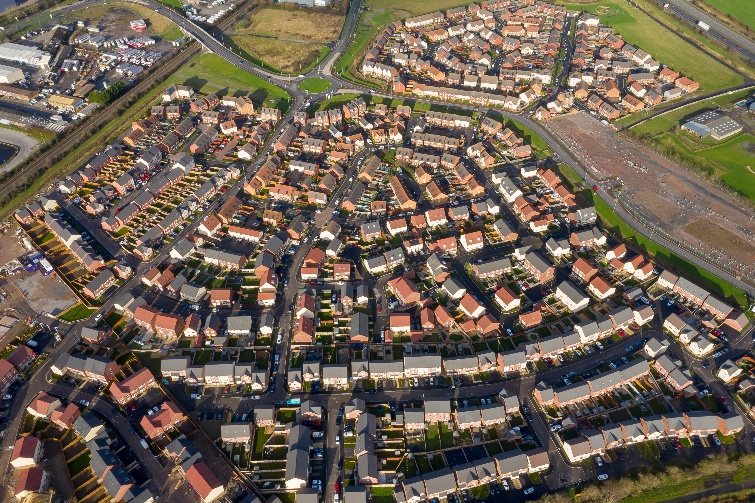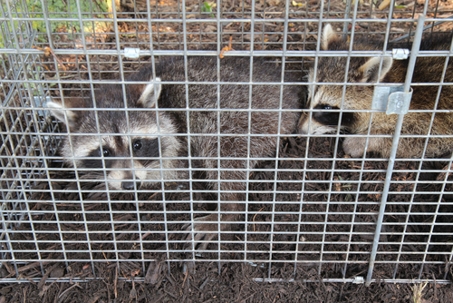Rethinking Wildlife Control: Why Trapping and Relocating Isn't the Solution
With urban development spreading far and wide, native wildlife is forced to adapt or perish. Species that adapt not only survive urban sprawl, but they thrive in it. It’s common for some native wildlife to have larger numbers in urban and suburban locations than they do in a more rural or “natural” setting. It is also common for uninvited wildlife to visit houses and invade living spaces. We understand this is a problem, but it’s advisable to refrain from trapping and relocating because trapping and relocating animals is ineffective, costly, and inhumane. In other words, there are much better solutions.
Why Trapping and Relocating Animals is Ineffective:
We’ve all heard the expression nature abhors a vacuum, and although we’re talking about biology and not physics, the same is true in this case. The first issue is that if a squirrel or another animal thinks your home is a suitable location for a nest, then so does the next squirrel, and so on and so on. Your home is open to invasion by countless other animals and may be vulnerable to weather and the elements. The second issue is that for many species, if numbers are low but resources are still available, then litter size typically increases. When we remove those animals from an area, it can lead to an increase in breeding numbers, resulting in the possibility of having as many or even more of that species in that location.
Why it is Costly:

Because trapping and relocating is ineffective, people end up requiring those services over and over again. Not only that, but without taking care of the damage done to the house, or mediating with prevention, more animals will continue looking for easy entry. At the same time, your home is still susceptible to weather and climate damage that often leads to wildlife access from the beginning. It may look cheaper in the short term to use traps, but it ends up costing you more in the long run.
Why it is inhumane:
 There are three main reasons why trapping and relocating is no longer considered humane:
There are three main reasons why trapping and relocating is no longer considered humane:
- Relocated adults rarely survive in a new environment – Although we think of the woods as being the natural environment for a raccoon or other wildlife, the truth is their natural environment is wherever they were raised. More than 70% of relocated adult animals die soon after relocation due to homing instincts, stress, starvation, dehydration, and aggression of resident animals
- Animals can injure themselves when trying to escape the traps – Many animals will injure themselves trying to get out of a trap. This scenario is also extremely stressful and can lead to a stress related illness called capture myopathy, which is often fatal.
- Babies become separated from their parents and die – Often adults forage and hunt while leaving the babies in the den or nest. When we trap and relocate an animal, it is often adults who then become separated from their babies. This leaves the babies to starve and be vulnerable to predators. If these babies die in your home, you now have to deal with that as well.
911 Wildlife offers for effective and humane wildlife removal solutions in DFW, Houston and the surrounding areas:
 Since trapping and relocating native animals is an ineffective, costly, and inhumane practice, the best solution is humane wildlife removal services, which are professionally trained to evict and exclude animals from your home or business. 911 Wildlife offers innovative animal removal services in Houston and DFW. Their animal removal specialists use techniques that are effective long term and endorsed by multiple wildlife protection organizations as well as the Humane Society of the United States. Additionally, since they’re owned and operated by wildlife rehabilitators, they are trained to handle a wide range of wildlife and situations with the best interest of you and the animal in mind.
Since trapping and relocating native animals is an ineffective, costly, and inhumane practice, the best solution is humane wildlife removal services, which are professionally trained to evict and exclude animals from your home or business. 911 Wildlife offers innovative animal removal services in Houston and DFW. Their animal removal specialists use techniques that are effective long term and endorsed by multiple wildlife protection organizations as well as the Humane Society of the United States. Additionally, since they’re owned and operated by wildlife rehabilitators, they are trained to handle a wide range of wildlife and situations with the best interest of you and the animal in mind.
Reach out to them or learn more about their humane wildlife removal methods.

